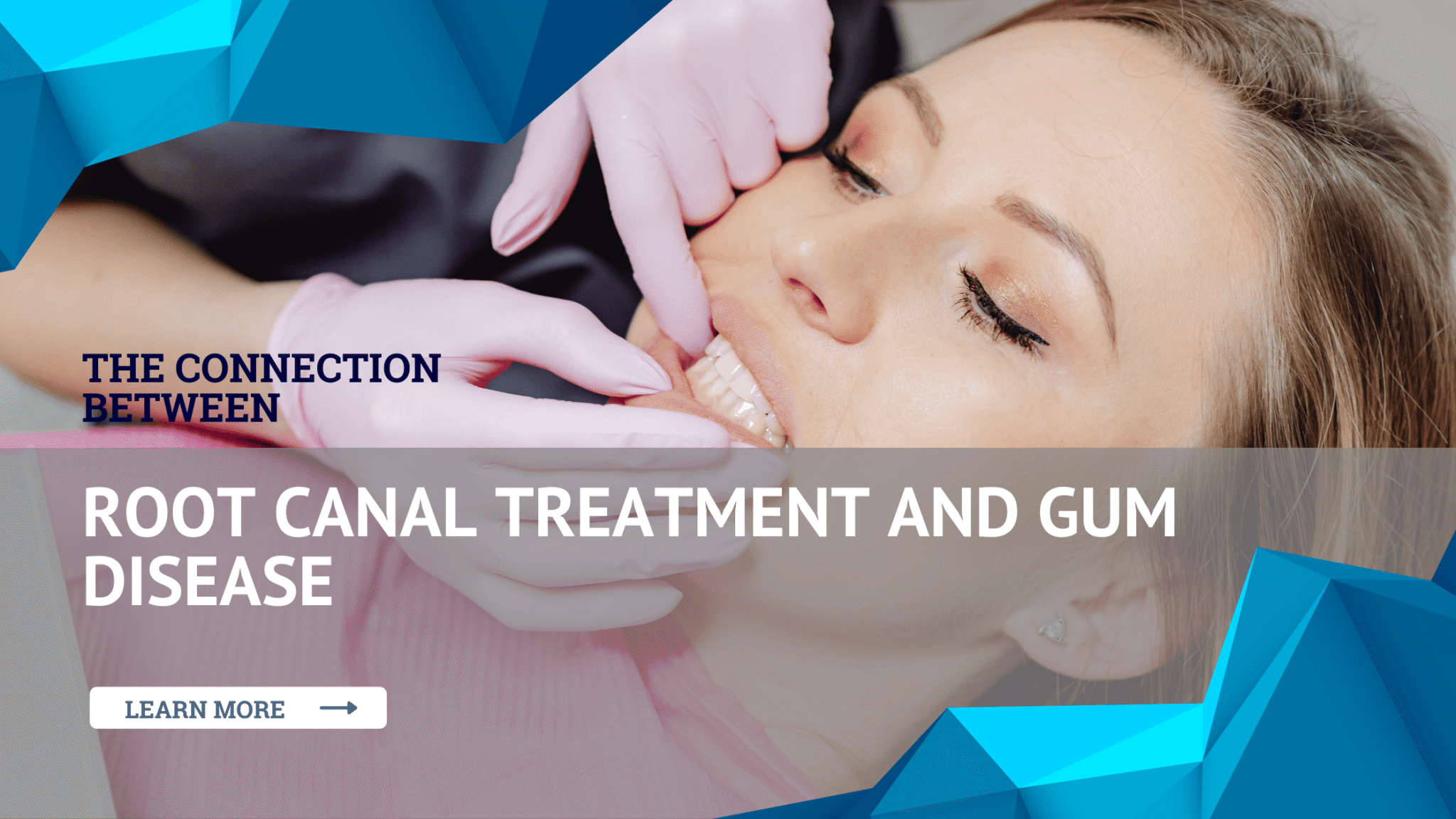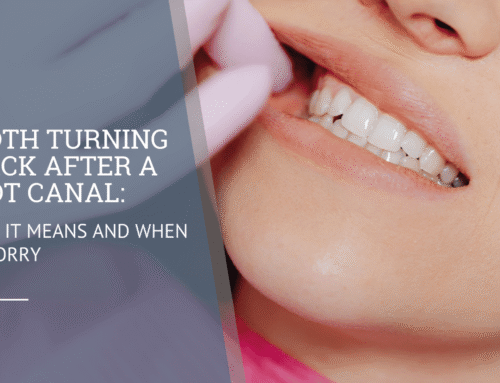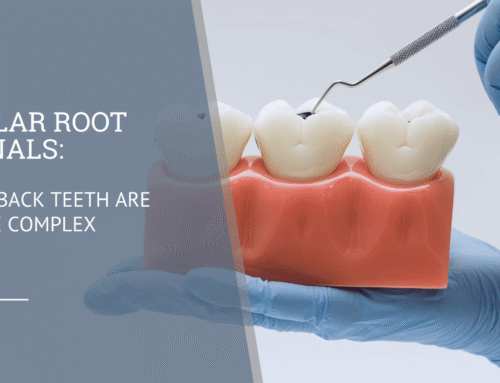When most people think about oral health problems, they imagine cavities or toothaches. But did you know that gum disease and root canal issues are often linked? Understanding this connection can help you take better care of your teeth and gums — and know when it’s time to see a specialist.
How Gum Disease Impacts Your Teeth
Gum disease (periodontal disease) is an infection of the tissues that support your teeth. In its early stages (gingivitis), it may cause redness, swelling, and bleeding gums. As it progresses, however, the infection can reach deeper layers of tissue and even affect the roots of your teeth.
When gums pull away from the tooth and bacteria spread, it creates pockets that can allow infection to travel down into the root. Over time, this can damage the pulp inside your tooth — leading to the need for a root canal.
When a Root Canal Becomes Necessary
A root canal treatment is performed when the inside of the tooth (the pulp) becomes infected or inflamed. Gum disease is one possible pathway for bacteria to enter the root system. If left untreated, this infection can cause severe pain, abscesses, and even tooth loss.
Signs you may need a root canal due to gum disease include:
-
Persistent toothache or sensitivity
-
Swelling or tenderness in the gums near a specific tooth
-
Darkening of the tooth
-
Pus or abscess near the gum line
Can Treating Gum Disease Prevent Root Canals?
In many cases, yes. By treating gum disease early, you reduce the risk of bacteria spreading to the root of your tooth. Regular dental cleanings, good oral hygiene at home, and early intervention are key to protecting both your gums and your teeth.
If gum disease has already led to root damage, though, a root canal is often the best option to save your natural tooth.
Why Both Conditions Require Specialist Care
Because gum disease and root canal infections are closely connected, it’s important to work with professionals who understand both. Periodontists specialize in gum disease treatment, while endodontists focus on saving teeth through root canals. At Eastern Idaho Endodontics, we collaborate closely with your general dentist and, if needed, periodontal specialists to create the best treatment plan for your situation.
Final Thoughts
The connection between root canal treatment and gum disease is a reminder that your oral health is a team effort — healthy gums protect your teeth, and healthy teeth help support your gums. If you’ve noticed gum problems, swelling, or tooth pain, don’t wait. The sooner you get checked, the better the chance of saving your natural smile.




